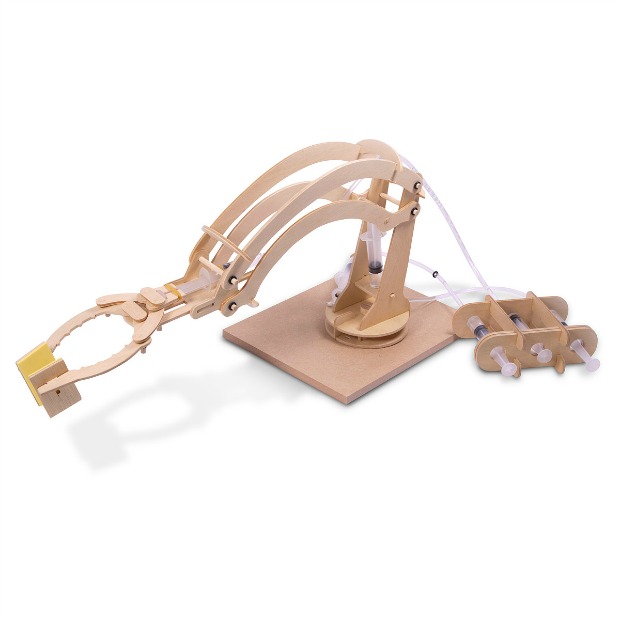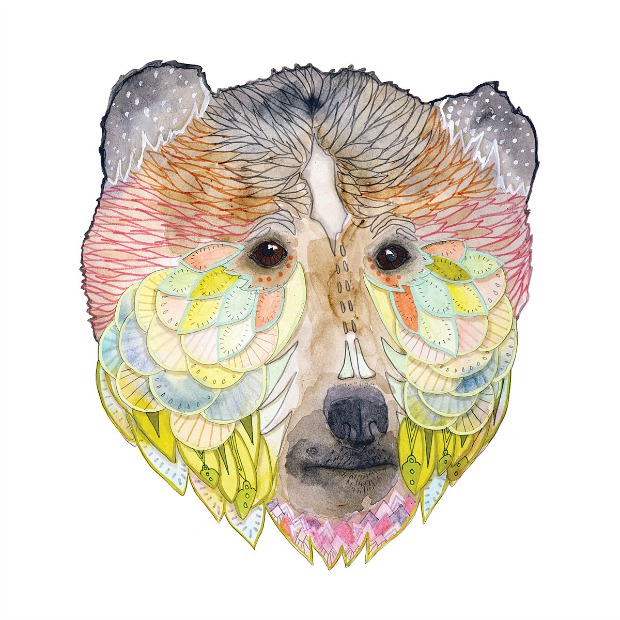We’ve all heard the patriotic ditty about Yankee Doodle heading to town on his pony, sticking a feather in his hat, and calling it Macaroni. The first few things on his to do list sound pretty reasonable: Heading into town on a pony, sure. Sticking a feather in one’s hat, of course, how jaunty! It’s when Mr. Doodle opts to “call it Macaroni” that things get a little off base. Turns out this Macaroni business started as the original lyrical insult. Like a rap battle but with more waistcoats and tricorne hats.
The British soldiers came up with this verse to mock the rough, unsophisticated American colonials they had to fight alongside during the French and Indian War. The whole burn about calling a feather in your hat Macaroni (the very idea!) stemmed from a cultural trend back in England at the time. Young British men of means had begun spending time in Europe in order to become more sophisticated. They returned with outlandish, high fashion clothing and mannerisms, along with a taste for exotic Italian dishes—like macaroni. Now, back to Mr. Doodle. In their song, the soldiers were suggesting that the Yankee was such a bumbling bumpkin that he was trying to imitate the latest style, but failing miserably. That was something a doodle (a fool or simpleton) would do while trying to be a dandy—get it?!?! Being that this is a pretty lame and convoluted insult, the Americans weren’t bothered by it at all and started singing the song themselves. Now stick that in your pipe and call it macaroni.
Ravioli Rolling Pin | $34.99








